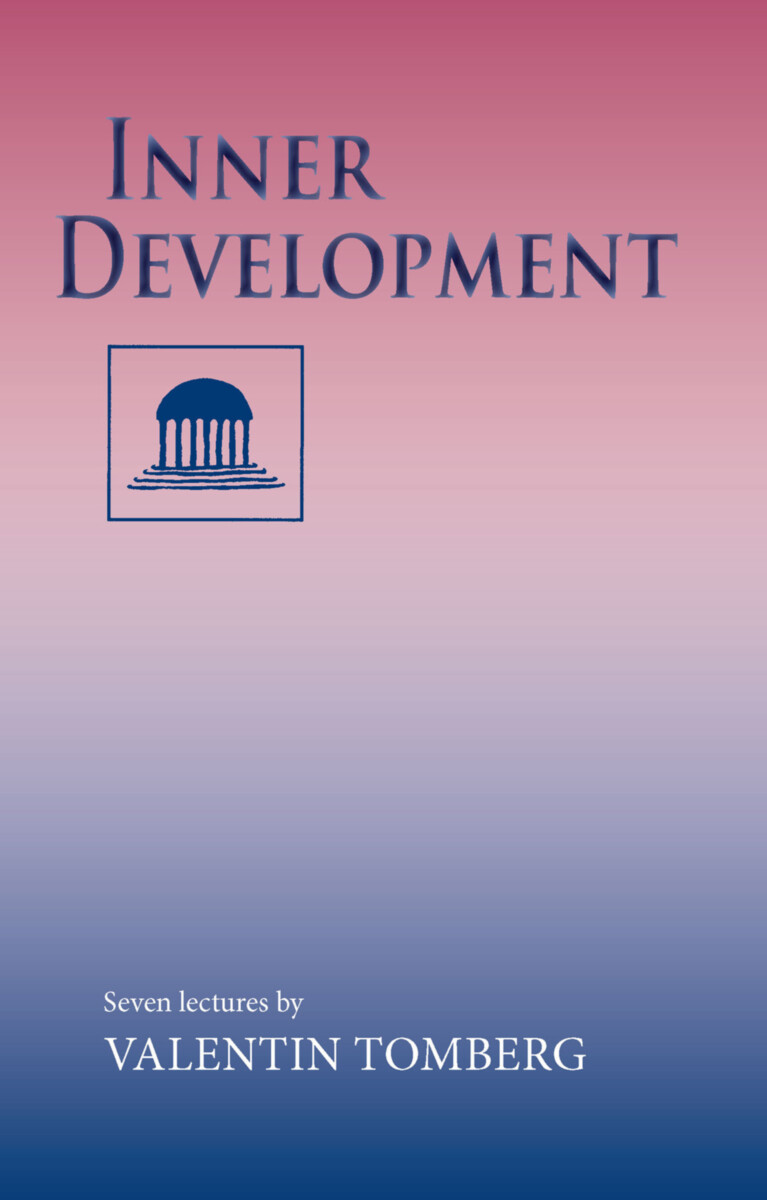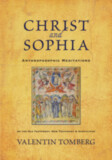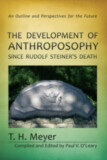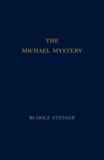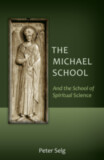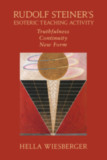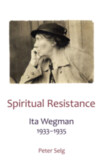Inner Development
Seven Lectures
- Publisher
SteinerBooks - Published
1st May 1992 - ISBN 9780880103633
- Language English
- Pages 120 pp.
- Size 5.5" x 8.5"
7 lectures, Rotterdam, August 15–22, 1938
The focus of this book is the spiritual work in the "school" (or community) of Michael. What does this mean? At the end of the eighteenth century, the Archangel Michael revealed the new mystery that has manifested on Earth as spiritual science—Anthroposophy. Its essence involves the renewal of our knowledge of the mysteries of karma and human destiny. Those who are drawn to this school have a special relationship to the human faculty of thinking—their inner feeling for truth has the strength of iron. This feeling for truth helps them to become companions of Michael at the threshold of the spiritual world.
These talks deal with the spiritual path of Anthroposophy in its Christian-Rosicrucian aspect. Tomberg speaks openly and honestly about meditation, the various stages of consciousness (imagination, inspiration, and intuition), the "guardian of the threshold," and the esoteric trials one encounters along the way. He concludes by describing the life of Rudolf Steiner as the life of a Christian initiate.
This book was originally published in German as Sieben Vorträge über die innere Entwicklung des Menschen.
CONTENTS:
Introduction: Valentin Tomberg
1. The New Michael Community and its Significance for the Future
2. Meditation—Its Being and its Effect
3. Indian Yoga in Relation to the Christian–Rosicrucian Path
4. Imagination, Inspiration, Intuition
5. The Two Guardians of the Threshold
6. The Occult Trials
7. Rudolf Steiner's Life-Path as the Way of the Christian Initiate
Valentin Tomberg
Valentin Tomberg (Feb. 27, 1900–Feb. 24, 1973) was born into a Lutheran family in St. Petersburg, Russia. As an adolescent, he was drawn to the hermetic Martinism of G.O.Mebes, as well as to Theosophy and the mysticism of Eastern Orthodoxy. Tomberg’s mother was killed by looters during the Russian Revolution, after which Valentin and his father fled to Tallinn, Estonia, where Tomberg studied languages and comparative religion at the University of Tartu. As a young man, he was strongly influenced by Vladimir Soloviev and had a personal experience of the Sophia at a cathedral in Holland. In 1925, he joined the Anthroposophical Society, under whose auspices he lectured in Holland and England and wrote on his understanding of the Bible, Anthroposophy, and esoteric Christianity. During World War II, he left the Anthroposophical Society and its internal struggles and converted to Catholicism. In 1948, he moved to England, where he became a translator for the BBC and monitored Soviet broadcasts during the Cold War, while continuing his devotion to meditation practice and further writing on his esoteric insights. In 1960, he retired to Reading near the River Thames. He died while vacationing in Majorca. The best-known work of his later life is Meditations on the Tarot: A Journey into Christian Hermeticism, written anonymously.


